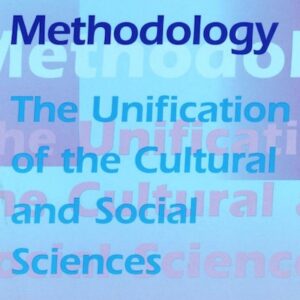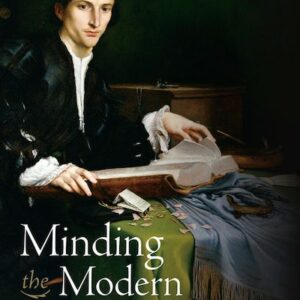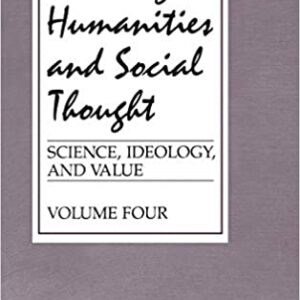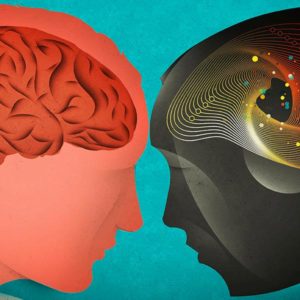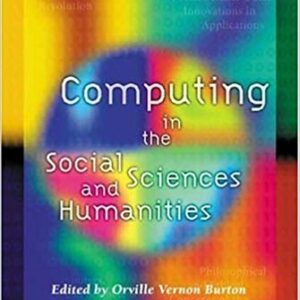
Computing in the Social Sciences and Humanities
Edited by Orville Vernon Burton (NHC Fellow, 1994–95) A lively, hands-on introduction for teachers and scholars in the humanities and social sciences, this book-and-CD package will inspire even the faint-hearted to take the technological bull by the horns and make efficient, informed use of computer and Internet resources. New technology is changing the very nature … Continued
